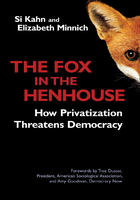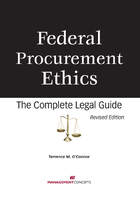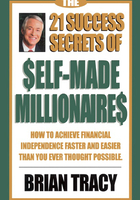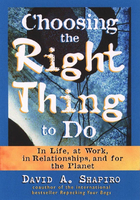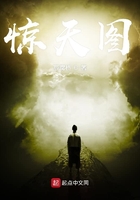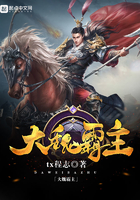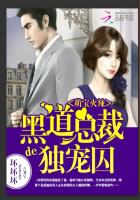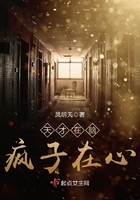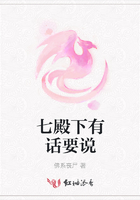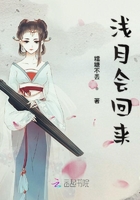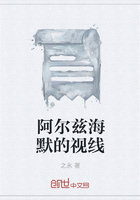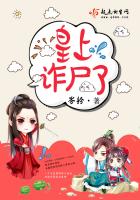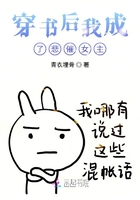Whether your business is a factory or a farm, an office or an opera company, there are benefits from bringing an artistic perspective to your work. Many people feel the arts are important in their private lives but don't have a place in their work world. Our book is meant to be a bridge across that divide.
The Art of Business describes a way of looking at business that is as important, productive, and profitable as the more conventional one. Historically, the business world has focused on the economic flow of business: first on owning, controlling, and employing the necessary economic inputs; then on carrying out the economic processes in the value chain more efficiently than anyone else; and ultimately on satisfying the customers' desires for economic outputs that are better, faster, cheaper, and safer.
We aren't saying you should stop caring about these traditional economic inputs, processes, and outputs that make up your business. Far from it. Our point is that there are many valid ways of seeing things. It's not an either/or matter; you don't have to choose. It's a duality of “Yes, and …” Some people have asked us if the goal of the book is to help people be more successful or achieve greater happiness. Business books try to do the former, and self-help books the latter. Our answer, again, is both.
We will show that business also has an artistic flow. The flow begins with artistic inputs you can draw on, such as the imagination, emotion, intelligence, and experience inside you and your organization. Artistic processes—creating, producing, and connecting—then transform these raw materials into finished work. And downstream, the artistic outputs of these processes satisfy customers' desires for beauty, excitement, enjoyment, and meaning.
When we started work on The Art of Business, we knew the difficulty the arts and business have communicating with each other. We both came from business backgrounds and had lifelong interests in the arts. Stan, a business strategist and futurist, was a professor at the Harvard Business School for over a decade, a board member of a management consulting firm, the author of twelve business books, and a frequent speaker at business conferences worldwide. David was an investment banker, management consultant, and executive development specialist. We often found ourselves invited to address arts groups at their board meetings and annual conferences. Eventually we joined some of those boards, including those of the Boston Ballet, Jacob's Pillow Dance Center, and Opera America, the industry association for 197 opera companies around the world. Our role was to bring in outside perspectives from business.
We've always felt able to communicate equally well with the arts and business. We've observed that business can learn countless things from the arts—such as managing creativity, identifying talent, finding meaning in work, and working toward peak performances. We've seen approaches and attitudes in the arts that can revitalize the organizations where most of us work. We acknowledge those who feel that art should exist only for art's sake, but we feel art can also exist for a host of other reasons, whether economic, psychological, religious, or otherwise. We've brought that perspective to this book.
We have organized The Art of Business around the elements of the artistic flow. In the opening section we introduce the ideas of dualities and artistic flow. The next three sections address the main components of the artistic flow: the inputs, processes, and outputs. Each of these contains a pair of chapters—one that lays out the framework, and a second that shows how to put it into action. We end with a coda that gives you more than twenty concrete ideas for bringing the artistic flow into the work you do.
When you see your work as a work of art and your customers as an audience, you'll run your business more profitably. And when you see your work as a work of art and yourself as an artist, you'll find more satisfaction in what you do.
Think of your two eyes as separately representing artistic and economic vision. You can see with either one eye or the other, but you need both to have depth perception. When you see the world simultaneously with an eye for art and an eye for economics, you have much greater depth in business perception.
All of us—business executives and artists, audiences and consumers—benefit from seeing the world with both an aesthetic sensibility and a strategic bent. Integrating the arts and business, bringing together our individual aesthetics and the work we do, managing the economic and the artistic flows of business—that's what we mean by the art of business.
STAN DAVIS AND DAVID McINTOSH
Boston, Massachusetts ~ October 2004

